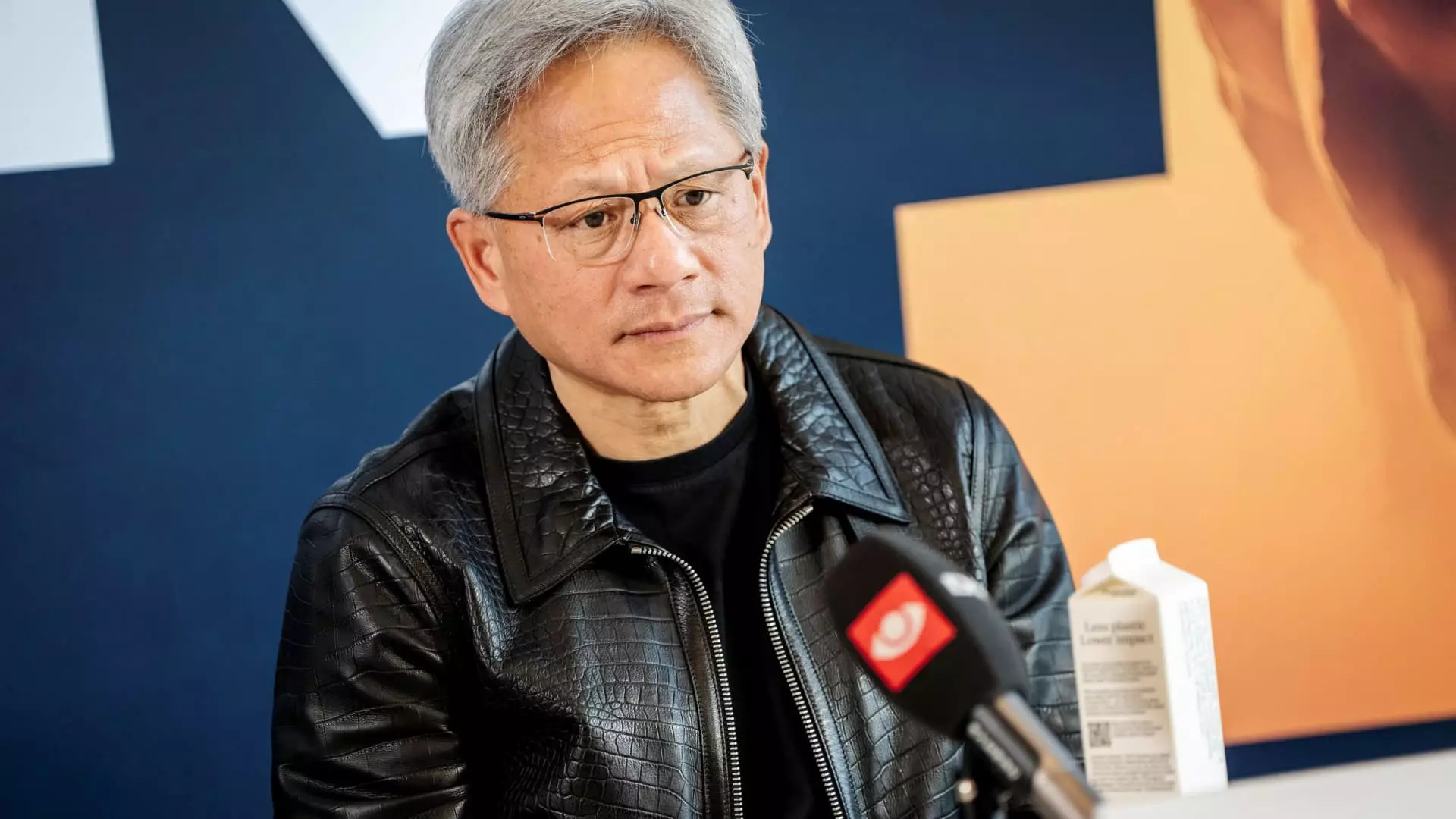In a significant turn of events, quantum computing stocks faced a sharp decline following remarks made by Nvidia CEO Jensen Huang during the company’s recent analyst day. Huang’s forecast, suggesting that the advent of genuinely useful quantum computers is likely years away—potentially two decades or more—has sent shockwaves through the market. By stating, “If you said 15 years for very useful quantum computers, that would probably be on the early side,” he highlighted the immense challenges ahead in making quantum computing a practical reality. Such timelines have forced investors to reassess their enthusiasm for a sector that had previously seen a surge in popularity.
The Market Response
The immediate market reaction was stark. Companies heavily invested in quantum technologies saw their stocks plummet, with Rigetti Computing losing a staggering 25% of its value, while IonQ faced over a 13% drop. D-Wave Quantum followed suit with a decline exceeding 19%, and even funds closely tracking the sector, such as the Defiance Quantum & AI ETF, were not spared, losing around 3%. Quantum Computing’s announcement of a $100 million stock offering was unable to cushion the blow, leading to a 21% fall in its stock price.
Investors had previously been riding high on optimism, fueled by Google’s promising advancements in quantum chip technology. The unveiling of the Willow chip, which reportedly improved error reduction over its 2019 predecessor, had sparked a surge of interest and investment. Stocks like Rigetti and D-Wave had seen astronomical increases, with their prices shooting up an eye-watering 1,449% and 854%, respectively, by the close of 2024. However, Huang’s comments appear to have cast a long shadow over that optimism.
The Overzealous Hype vs. Reality
Despite the excitement surrounding quantum computing and its potential to revolutionize fields from cryptography to materials science, a contingent of investors have been cautious. Many experts have urged that while the theoretical groundwork for quantum technologies is promising, the practical applications remain in the distant future. Huang’s comments resonate with this skepticism, suggesting that the path to efficacy and viability in quantum computing is still fraught with technical hurdles.
Furthermore, investors in the quantum computing space are now grappling with the realization that the market may have been oversaturated with inflated expectations. The discussion around the “winners” of this emerging sector must be approached with caution as the technology navigates a complex landscape of scientific and engineering challenges.
As interest in quantum computing continues to evolve, the market must reconcile the gap between enthusiastic projections and the harsh realities illuminated by experts like Huang. For stakeholders and investors, the journey ahead calls for a strategic reassessment of timelines, potential applications, and the readiness of the technology to meet those expectations. This reality check serves not only as a sobering reminder of the unpredictability inherent in pioneering technologies but also as an invitation to ground efforts in tangible milestones rather than speculative fervor.

Leave a Reply